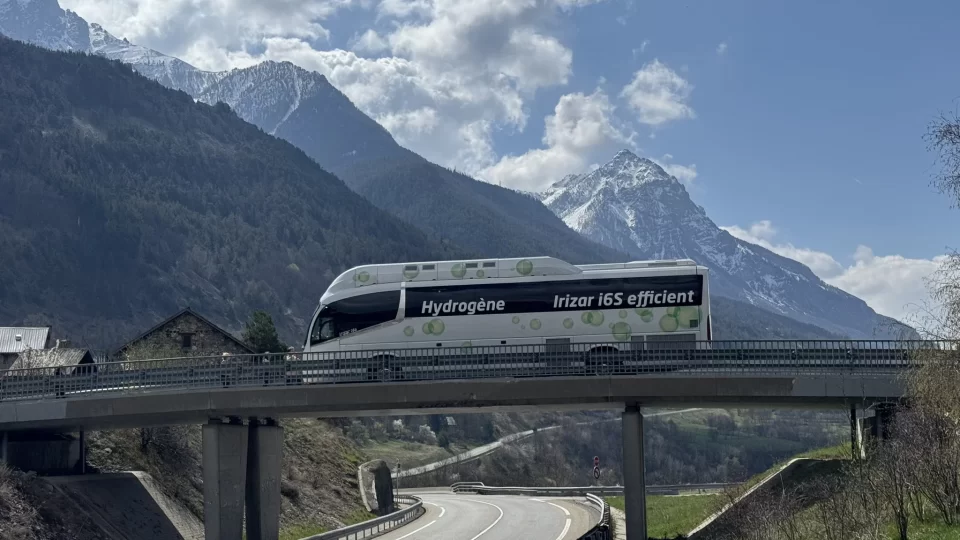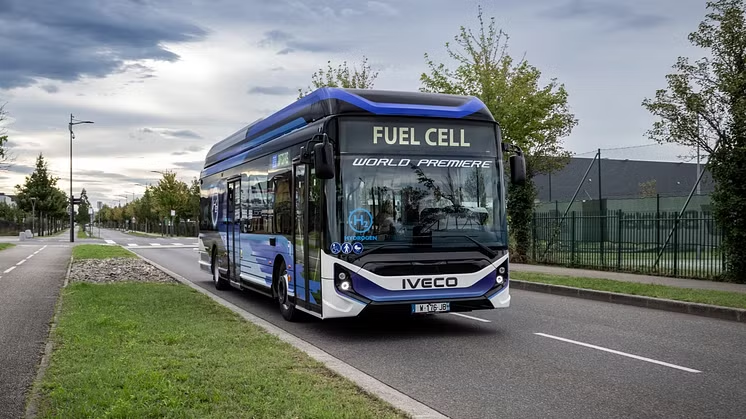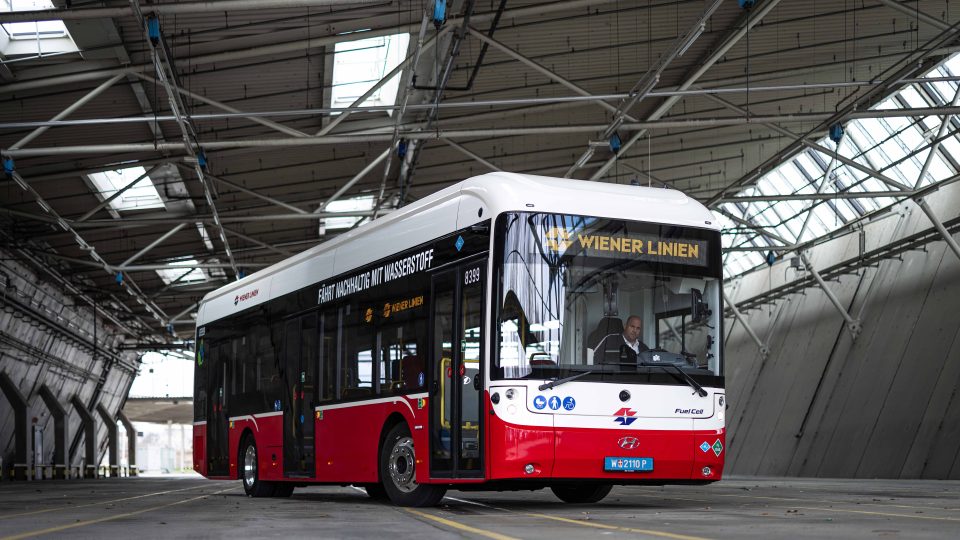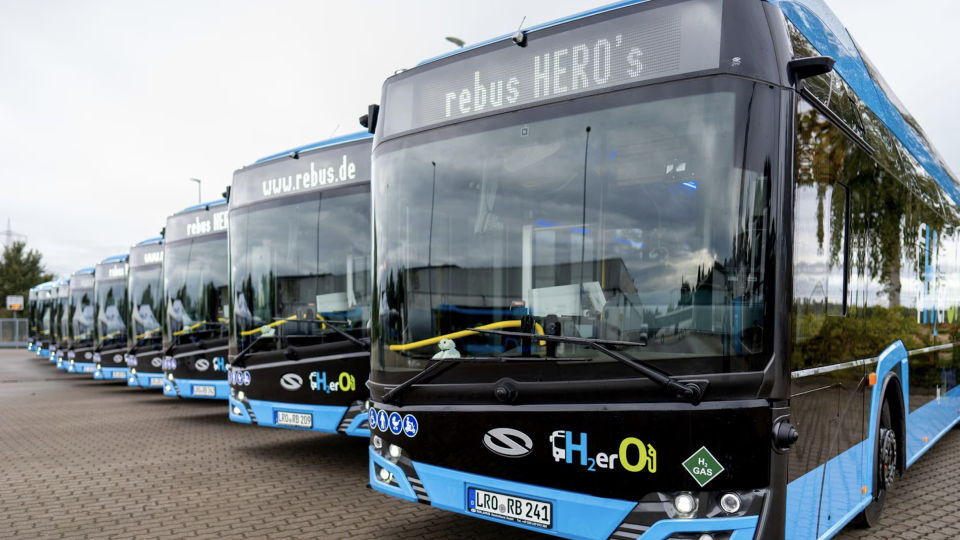Santa Cruz has approved the largest acquisition of FCEBs in United States with 57 H2 vehicles commissioned to New Flyer
The Santa Cruz Metropolitan Transit District (METRO) has approved the purchase of 57 hydrogen-powered, fuel cell electric buses, marking the largest acquisition of FCEBs in United States. The purchase includes forty-eight 40 ft. buses and nine 60 ft. articulated buses. Buses are scheduled for rollout starting in late 2024 with most of them being deployed […]
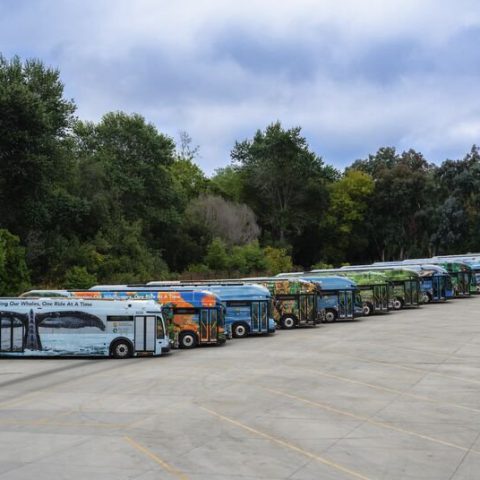
The Santa Cruz Metropolitan Transit District (METRO) has approved the purchase of 57 hydrogen-powered, fuel cell electric buses, marking the largest acquisition of FCEBs in United States.
The purchase includes forty-eight 40 ft. buses and nine 60 ft. articulated buses. Buses are scheduled for rollout starting in late 2024 with most of them being deployed in the Watsonville service area. This move will enable METRO to fully serve Watsonville and Santa Cruz County with zero-emissions vehicles.
Santa Cruz METRO aims to be 100% emissions-free by 2037.
Fuel cell buses in place of CNG and diesel buses
These buses will be replacing the existing aging compressed natural gas (CNG) and diesel buses. Currently, METRO’s fleet is comprised of only 10% zero-emissions buses (ZEBs), but with this purchase, that number will be over 69%, the operator states.
This transition will help METRO achieve 100% zero-emission technology ahead of California’s Innovative Clean Transit (ICT) Regulation deadline.
In conjunction with the FCEB procurement, METRO plans to construct a hydrogen fueling station to support the transition of their entire 94-bus fleet to zero-emissions vehicles. The station will also have the capacity to facilitate the fueling needs of local partner agencies and others.
To finance this initiative, METRO says it has secured $20.4 million in grant funding from the Federal Transit Administration and a $38.6 million award from the California State Transportation Agency’s Transit and Intercity Rail Capital Program. Additionally, METRO has applied for an additional $27 million from the California Air Resources Board’s Volkswagen Environmental Mitigation Trust.
In June, METRO committed to purchasing the FCEBs from North American bus manufacturer New Flyer, and in August, the California Transportation Commission approved the use of 2023 TIRCP award funds for this purpose.
This decision to purchase FCEB’s emphasizes METRO’s dedication to environmental stewardship and a sustainable future. If you would like to support the Santa Cruz Metro and protect Monterey Bay’s extraordinary natural resources, you can do so just by simply riding the bus via the One Ride at a Time (ORAT) program.


